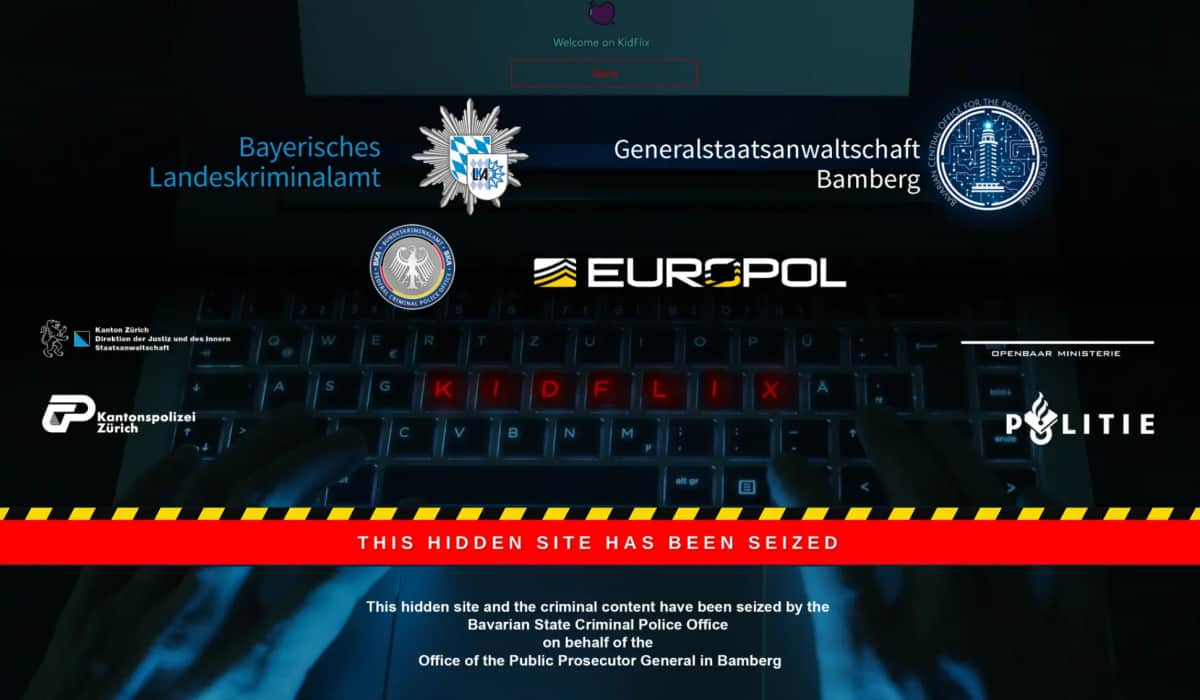BOOK THIS SPACE FOR AD
ARTICLE ADIt was revealed this week a court in New York made a landmark ruling that sided against the warrantless state surveillance of people's private communications in America.
Specifically, it was decided the FBI had violated a US resident's Fourth Amendment rights against unreasonable searches by looking through a vast database of overseas communications vacuumed up under Section 702 of the Foreign Intelligence Surveillance Act and using that resident's private messages as evidence to successfully prosecute him.
The ruling was made in December and unsealed Tuesday. In it, federal district Judge LaShann DeArcy Hall rejected the government's position that it was allowed to view that resident's emails, collected under Section 702, without a warrant. The database query that pulled up his harvested messages was ruled an unjustified, unlawful search.
Section 702 of the 1978 Foreign Intelligence Surveillance Act, aka FISA, authorizes the warrantless gathering of communications data from non-US persons who are outside the USA.
Harvesting the comms of American citizens and US permanent residents – collectively known as US persons – and people inside the US is not allowed under the law. However, foreign targets of Section 702 surveillance may well communicate with those US folks, and when that happens, investigators can access their joint chatter without a warrant. And the Feds often do so when searching their trove of intelligence data gathered under Section 702; that's how Americans and others are pulled into the FISA dragnet.
US lawmakers don’t mind the Feds using Section 702’s surveillance powers. But misuse of the legislation and the potential for US citizens’ private conversations to be accessed by agents made efforts in 2024 to renew the law contentious, although the matter eventually passed a vote.
This particular case concerned Agron Hasbajrami, an Albanian citizen and US resident who was arrested at JFK airport on September 6, 2011, just before he tried boarding a flight to Pakistan via Turkey. He was accused of seeking to join a terror organization to fight against American forces and others in Afghanistan and Pakistan, and later pleaded guilty to charges of attempting and conspiring to provide material support to terrorists. He was sentenced to 16 years in prison.
Once Hasbajrami was in the clink, it emerged the g-men had made the collar using emails between the Albanian and an unnamed foreigner associated with terrorists as evidence, all obtained without a warrant under Section 702. This led to an appeal and the case has been fought ever since, eventually ending up back in a district court.
That led to Judge DeArcy Hall deciding the use of Section 702 in Hasbajrami's case, at least, was unconstitutional. The surveillance was deemed too intrusive, and thus unreasonable under the Fourth Amendment, and that the "foreign intelligence exception" Uncle Sam usually reaches for when carrying out warrantless spying [as explained here, PDF] did not hold.
"A search that relies on an initial warrant or an exception to the warrant requirement is limited by its original justification," DeArcy Hall wrote in her somewhat redacted ruling [PDF].
"The court agrees that there is a 'powerful' public interest in allowing law enforcement to run queries for national security purposes — but public interest alone does not justify warrantless querying."
That said, the judgment tackles the unreasonable search aspect of the case; Hasbajrami is still in the cooler as the court rejected his motion to suppress the evidence against him for separate reasons.
FBI and friends get two more years of warrantless FISA Section 702 snooping FBI: Give us warrantless Section 702 snooping powers – or China wins Someone else has a go at reforming US Section 702 spying powers – and nope, no warrant requirement"The court found that the intrusion on privacy caused by reading our most sensitive communications rendered these searches ‘unreasonable’ under the meaning of the Fourth Amendment," explained the EFF's litigation director Andrew Crocker and senior policy analyst Matthew Guariglia. "In 2021 alone, the FBI conducted 3.4 million warrantless [PDF] searches of US persons' 702 data."
The ruling will not please the FBI, which has argued repeatedly that without full Section 702 powers, under which even some US persons' data is collected, it would have a much tougher time combating foreign adversaries and protecting people. It may in future need to get a warrant for this kind of snooping.
"Failure to reauthorize Section 702, or for that matter, reauthorizing it in a way that severely restricted our ability to use it, would be a form of unilateral disarmament in the face of the Chinese Communist Party," FBI boss Christopher Wray told Congress last year when the law was up for renewal by Congress.
"I can assure the American people, the Chinese government is not tying its hands behind its back. It's going the other direction, and we need to do the same."
The statute was reauthorized by a large majority, as it has been every time renewal has been required. Several amendments were put in, one of them requiring a warrant for cases like Hasbajrami's, but none made it into the final wording of the legislation.
When it's next up for renewal in 2026 it's likely that Section 702 will remain on the books.
During confirmation hearings, President Trump's nominees for official positions were asked for their stance on Section 702. Prospective Attorney General Pam Bondi said she hadn't read the full legislation yet. Tulsi Gabbard, who's in the running to be the next Director of National Intelligence (DNI), expressed strong support for the law, despite earlier opposition.
"My prior concerns about FISA were based on insufficient protections for civil liberties, particularly regarding the FBI’s misuse of warrantless search powers on American citizens," she told CNN.
"Significant FISA reforms have been enacted since my time in Congress to address these issues. If confirmed as DNI, I will uphold Americans’ Fourth Amendment rights while maintaining vital national security tools like Section 702 to ensure the safety and freedom of the American people." ®
.png)
 2 months ago
47
2 months ago
47 














 Bengali (Bangladesh) ·
Bengali (Bangladesh) ·  English (United States) ·
English (United States) ·